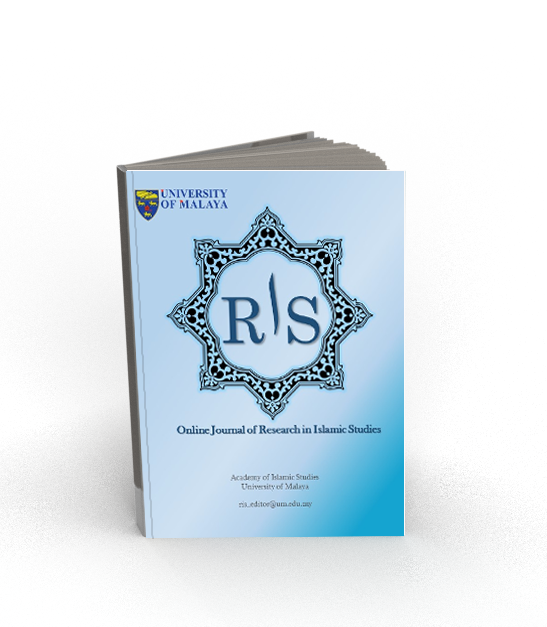Main Article Content
Abstract
This article aims to explore the trends and determinants of charitable giving among Muslim community in Malaysia due to its importance in the economy as the income redistribution tool to improve the welfare of the society. The Theory of Planned Behaviour is employed to predict the giving intention of 248 respondents in the state of Selangor. The result of the findings shows that the trends of giving among the respondents and using the multiple regression analysis, it indicates that this theory is able to predict the charitable giving behaviour by 70% and that the attitude and perceived behavioural control are the significant influential factors to the giving intention. This study contributes empirically for Islamic charity marketers to improve their fundraising strategies so that they will be able to function in improving the well-being of the society.
Keywords
Article Details
Copyright Notice
By submitting manuscripts to the Online Journal of Research in Islamic Studies (RIS), authors agree to transfer copyright to the journal. However, authors may republish their work or grant others permission to republish it; in which case it should be accompanied by a proper acknowledgment that the work was originally published in the Online Journal of Research in Islamic Studies (RIS). The journal adopt CC-BY-NC licence which authors may also share and distribute their article anywhere of non-commercial website, social media and repositories immediately on publication.
Authors may also reuse the Abstract and Citation information (e.g. Title, Author name, Publication dates) of their article anywhere at any time including social media such as Facebook, blogs and Twitter, providing that where possible a link is included back to the article on the journal site.
